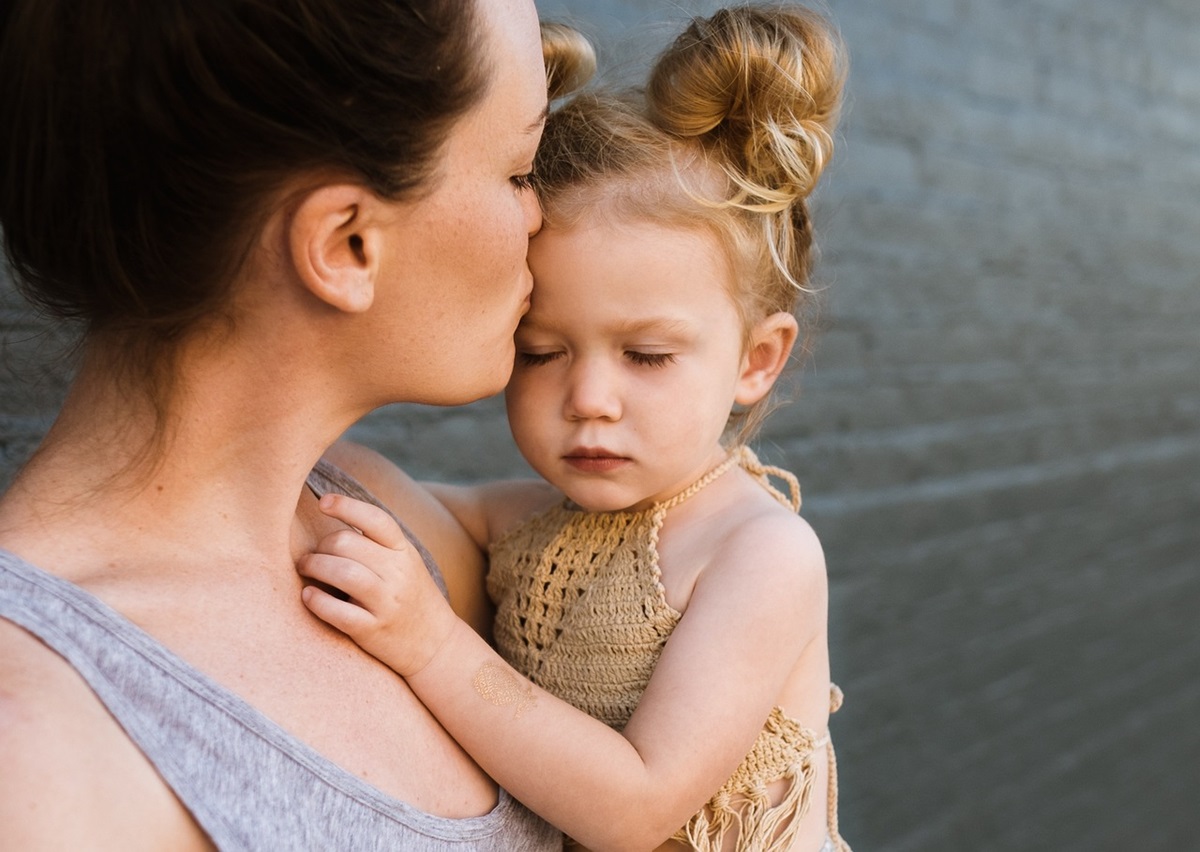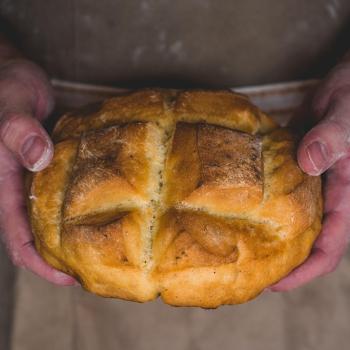Shootings, elections, wars, and other unrest can lead to anxiety and fear. The Prayer of the Weaned Child can help you find peace.

Many people I work with struggle with restless hearts and anxious minds. At times, we can collaborate and solve problems together. But on other occasions, those difficulties are more than we can solve. In those cases, what they need more than answers is peace.
If I were a doctor, I could prescribe medication. But as a behavioral health specialist, I can’t prescribe medications. As I’ve said in a previous article, what I can prescribe is meditation. Psalm 131 is one of the best scriptures for dealing with restlessness and anxiety. It’s the Prayer of the Weaned Child.
The Prayer of the Weaned Child
Psalm 131 is an example of a special kind of hymn in the book of Psalms, which was Israel’s prayer book and hymn book. This style of psalm is called a “song of ascents.” These were songs that the Israelites wrote as they climbed Mount Zion, on the way to worship in the temple. Psalm 131 bears the name of David as the psalmist.
Psalm 131
O Lord, my heart is not lifted up;
my eyes are not raised too high;
I do not occupy myself with things
too great and too marvelous for me.
But I have calmed and quieted my soul,
like a weaned child with its mother;
my soul is like the weaned child that is with me.
O Israel, hope in the Lord
from this time on and forevermore.
Let’s take a look at this psalm, section by section. We’ll see how humility, simplicity, and prayer can lead to peace—even for those who find themselves wrestling with God.
Humility
O Lord, my heart is not lifted up;
my eyes are not raised too high;
The first two lines of this psalm deal with humility—a virtue that eclipses anxiety. Ego says, “I’m worried about my problems, my issues, my situations.” But the humble heart realizes that there’s a bigger picture than the one it can see. Instead of imagining themself at the center, the humble person keeps God in focus.
When we take God out of the center and put ourselves there instead, we mistakenly believe that we have to be the solution to everything. Humility realizes that God is almighty and that we are not. Knowing this at the core, the humble person can rest free from anxiety.
Simplicity
I do not occupy myself with things
too great and too marvelous for me.
The next two lines build upon humility with simplicity. The simple heart refuses to entangle itself in the world’s complexities that do nothing but bring it down. Simplicity flies free from the restraints imposed upon it by knotty situations. It eludes exhausting philosophies and rests instead in uncomplicated singleness of spirit. The simple answer is usually the best, especially for the person who’s way too stressed.
The Weaned Child
But I have calmed and quieted my soul,
like a weaned child with its mother;
my soul is like the weaned child that is with me.
These three lines depict a toddler in her mother’s arms. A nursing baby is constantly clamoring after her mother’s breast for milk, but the weaned child can simply lay her head on her mother’s breast and rest in that love. Without asking for anything, she can unselfishly enjoy her mother’s presence.
Often our anxiety causes us to grasp after God, not wanting God’s presence so much as a solution to our problems. Like nursing children, we’re more interested in God for what we can get out of God than we are for the sake of our relationship with God. But the one who prays the toddler’s prayer simply rests in God’s presence. Like a child with her head on her mother’s breast, we simply attend to God’s heartbeat. Breathing along with God’s breath is far better than pulling after the Mother for more milk.
When you experience anxiety, try resting with God instead of reaching for God. You’ll find more peace by relaxing into God’s arms than you’ll find appealing before a heavenly throne.
One Who Wrestles with God
O Israel, hope in the Lord
from this time on and forevermore.
The final two lines can refer not just to the nation of Israel, but to anyone wrestles with God. (This is what the name Israel means: “One who Wrestles with God.”) We often find ourselves fighting against the Almighty, struggling to understand a complex problem or trying to convince God to do our will through persistent prayer. The Hebrew word that the NRSV translates as “hope” can also be rendered as “wait.” It’s a practice that involves patient trust in a God who is far more able than you are, to do all that you need on your behalf. The psalmist reminds us also that our hope is now and forevermore. In other words, our times are in God’s hands (Psalm 31:15).
A Prescription for Meditation
When you feel restless, anxious, or afraid, my prescription is a meditation on Psalm 131. Instead of worrying, fretting, and grasping after God for a solution to your problem, simply trust that the Provider is working a divine purpose out in your life. Wait in God’s arms. Pray like a toddler who simply enjoys her mother’s presence. Instead of praying that God will do your will, practice patience and peace as you enjoy the holy Parent’s caress.














